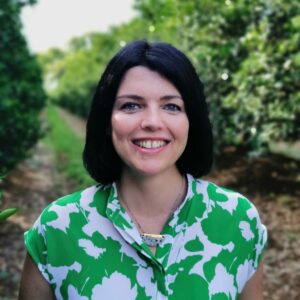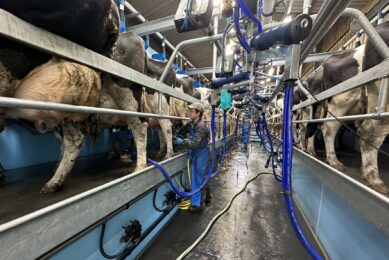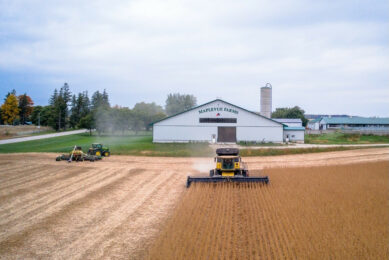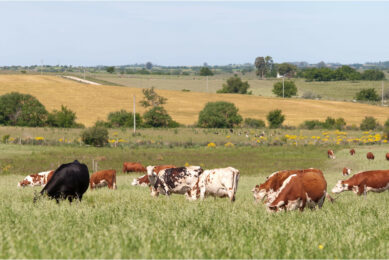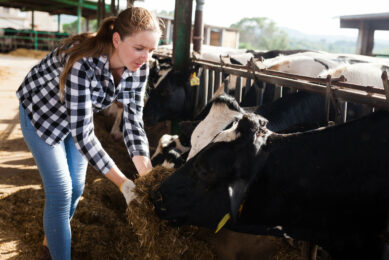Cultivating a skilled dairy farm workforce in South Africa
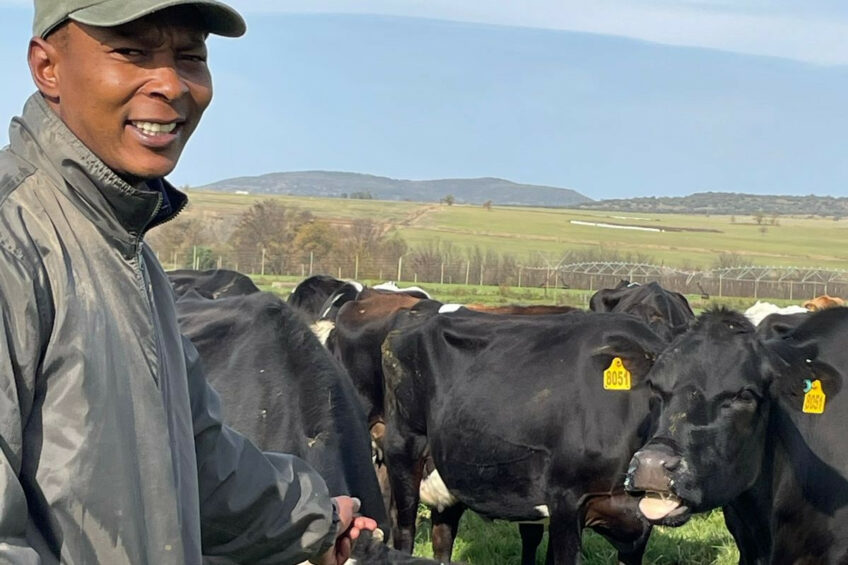
Nothing beats experience in the field to provide a farmer with a full understanding of what it takes to succeed in dairy farming. Going one step further, farmer and mentor Judy Stuart believes that giving young farmers international exposure is what really sets them up for success.
There is something about travelling the world that opens up the mind and brings a greater sense of place and purpose. For Judy Stuart, a retired dairy farmer in KwaZulu-Natal, South Africa, this is no less true for farmers than it is for the backpacking youth. “I saw what visiting farms around the world did for me, and I wanted to ensure South Africa’s young farmers had the same opportunity.”
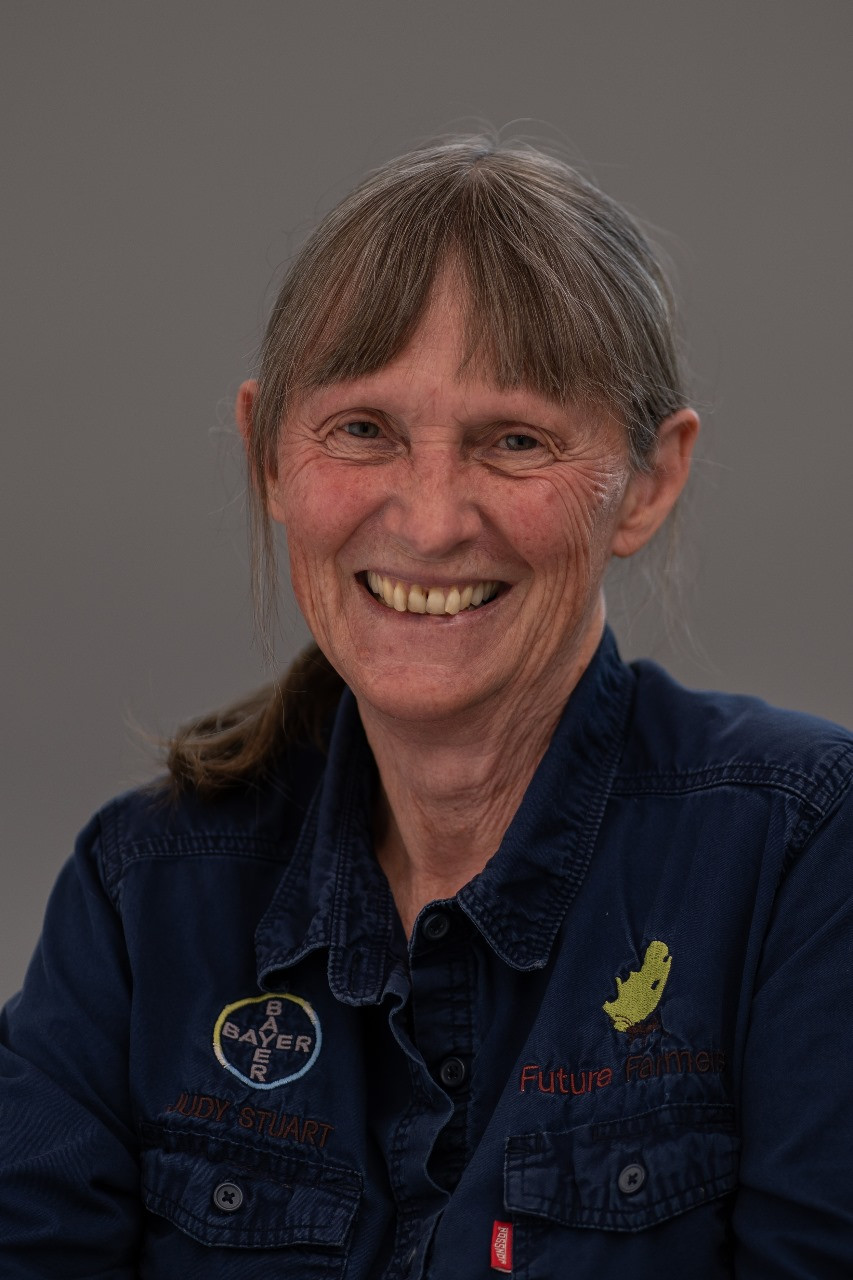
Stuart has spent most of her life either striving to carve a place out for herself in the dairy industry, or helping others to do so. Despite growing up on a dairy farm, she was refused entry to an agricultural college after school because they could not accommodate girls in the all-male sector of the early 1980s. She instead did a secretarial course, and after getting married was roped into the running of her in-laws farm. “I loved milking cows – all I wanted to do was farm. So, I started a small dairy.”
Stuart has a knack for making connections that are mutually beneficial, not just in her own life, but in the lives of others, too. After attending youth shows where she loaned her heifers to local children to use in the contests, she met a group of 3 boys passionate about farming, but without many prospects. “I could see they had a talent for working with animals. Yet they were about to leave school without any hope of studying agriculture since it was unaffordable for their families. Their only option was to go back to their rural villages and hope to find a job somewhere to put food on the table.”
At the same time, Stuart knew of many farmers that needed help in their dairies. “So I made a deal with the farmers to give the boys a chance while I mentored them. It was a win-win because they would be getting passionate staff and the youngsters would be getting a prime opportunity to make a career for themselves in dairying.”
Addressing the gaps
The venture was the start of what would become the Future Farmers Foundation, officially opened in 2012. After the success of the first 3 boys becoming valuable farm managers, Stuart was approached by both farmers looking for staff and would-be farmers looking for experience. The Future Farmers Foundation solved a problem faced by most job seekers: everyone wants experienced workers, but few want to provide an opportunity for the inexperienced to get a foothold.
“There is a massive knowledge gap between a graduate and someone who has worked in the industry for a while. A graduate ideally needs at least 18 months of on-farm experience before they become employable, but it’s very difficult for them to get such an opportunity to learn on someone else’s watch.
“Then there is the shortage of skilled workers ready to step into managerial roles on dairy farms, and even just as general, but skilled workers. To really address both these needs, it’s important to get graduates into a position where they can learn from the bottom up. Some will eventually become managers or supervisors, while others will take on general jobs. But both need experience first,” Stuart explains.
Ultimately, farmers are more interested in work ethic and attitude than qualifications.”
Youth aged between 18 and 27 are eligible for the Future Farmers Foundation programme. In addition to the on-farm learning they receive, the programme also provides them with basic life skills like drawing up a personal budget based on their salary, how to apply for jobs, and how they should operate within a professional working environment. The on-farm training entails everything from learning to do pasture walks, erecting fences, to driving a tractor. “It’s crucial skills needed for anyone working on a farm, yet not taught as part of agricultural qualifications,” Stuart laments.
Ideally, the students would have proved their worth to the farmers after 2 years in the programme and will be offered a permanent job. Those that have obtained at least 5 years of experience working on farms through the programme become eligible for placement in dairies abroad. Stuart notes that when these students return to South Africa, they would be in even higher demand, and likely receive permanent employment on the local farms where they trained.
Broadening horizons
The idea behind providing international experience for the students was borne out of Stuart’s own experience travelling to farms around the world. Through connections she made at international dairy conferences she had the opportunity to visit farmers in other countries and get exposure to different cultures, production systems and attitudes towards dairying.
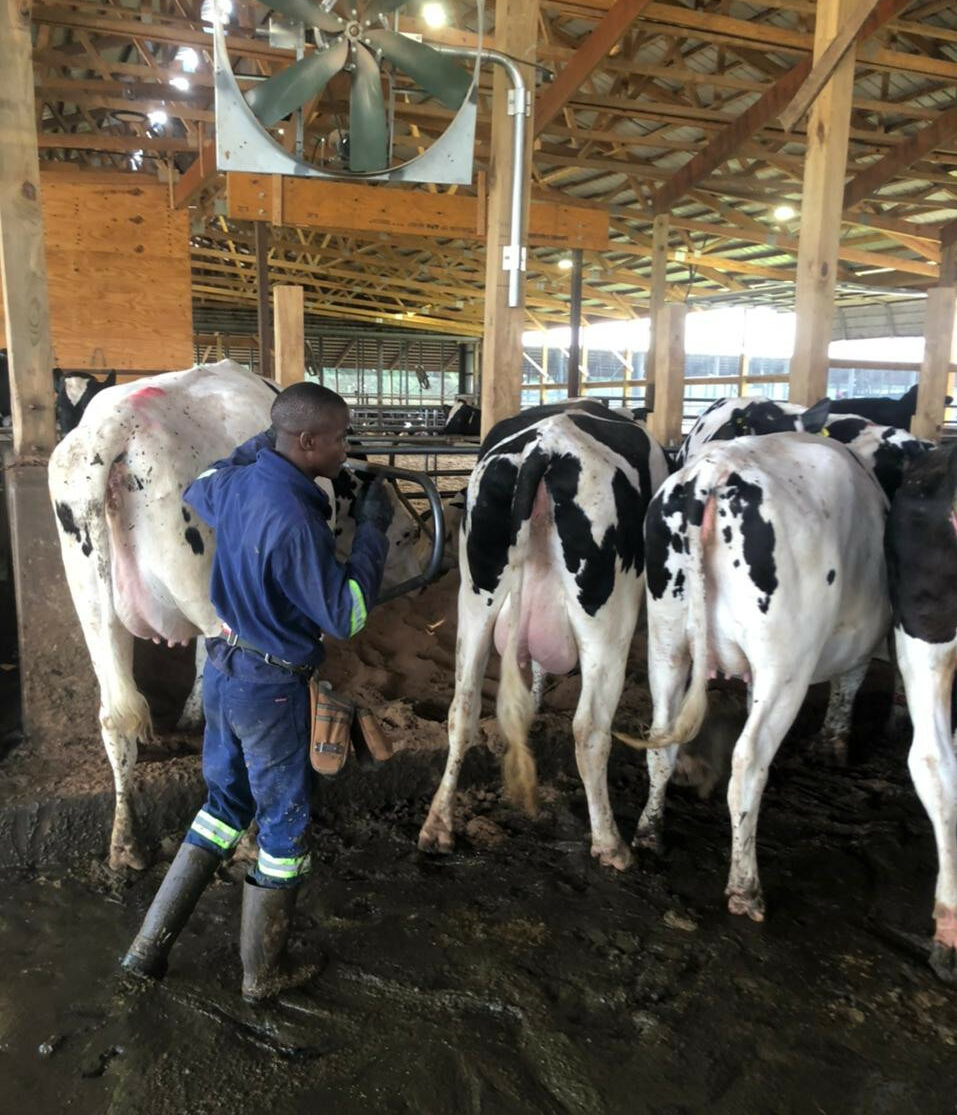
“I realised there was value in gaining international experience,” she says. “When you remain in the same environment for a long period of time it becomes a comfort zone and you stop challenging yourself to grow. But put someone who has never flown before on an airplane, expose them to different languages and cultures and you change something in them. When they return they walk taller and have more confidence because they had the opportunity to prove their worth. The skills and mindset change they return with is invaluable for dairy farms in South Africa.”
South Africa has a diverse range of dairy systems, from small to large, pasture-based to total mixed ration (TMR). This allows for placement across various countries, where they could gain experience with 8,000 cows in milk TMR system in California, or with 400 cows in milk on a pasture system in Germany.
The Future Farmers Foundation works with employment agencies worldwide to place interns in jobs abroad. Stuart notes that there is no shortage of internship positions, although obtaining funding to facilitate travel can be challenging. “It costs around €400 to place someone abroad. Students are expected to pay back the funds once they start earning a salary, but we still require funding to keep the Foundation running and provide the loans for travel.”
Stuart notes that ultimately, farmers are more interested in work ethic and attitude than qualifications. “There are countless colleges that provide agricultural certificates in South Africa. But that doesn’t produce a skilled, well-rounded individual that is an asset to a dairy farm. The Foundation is filling that gap.”


